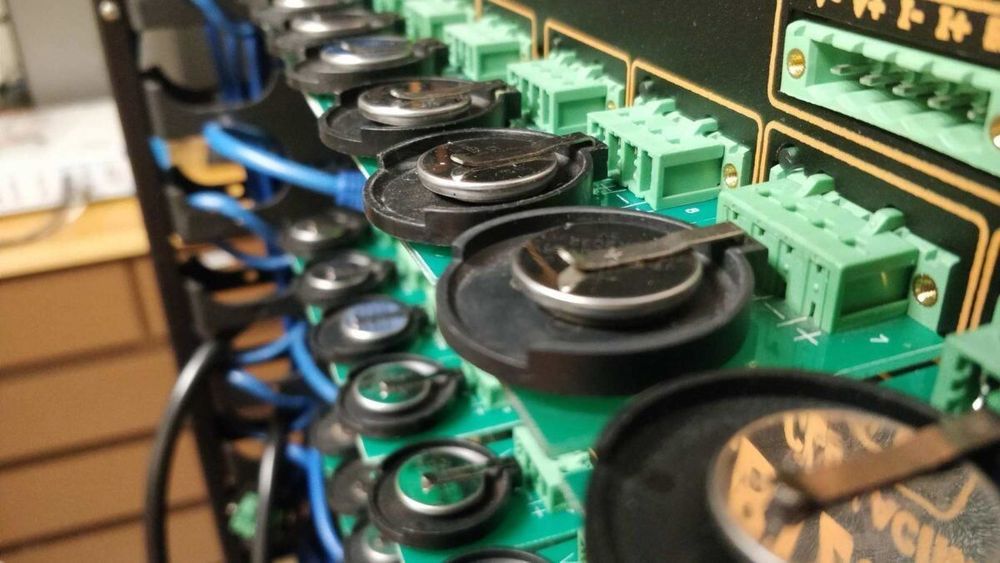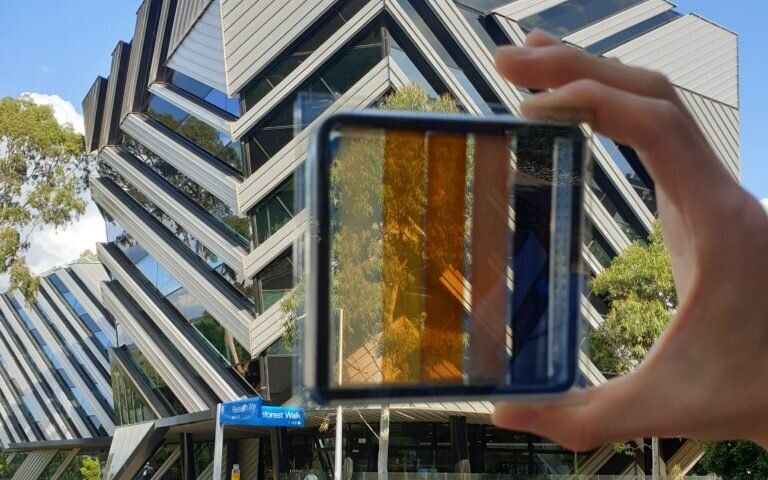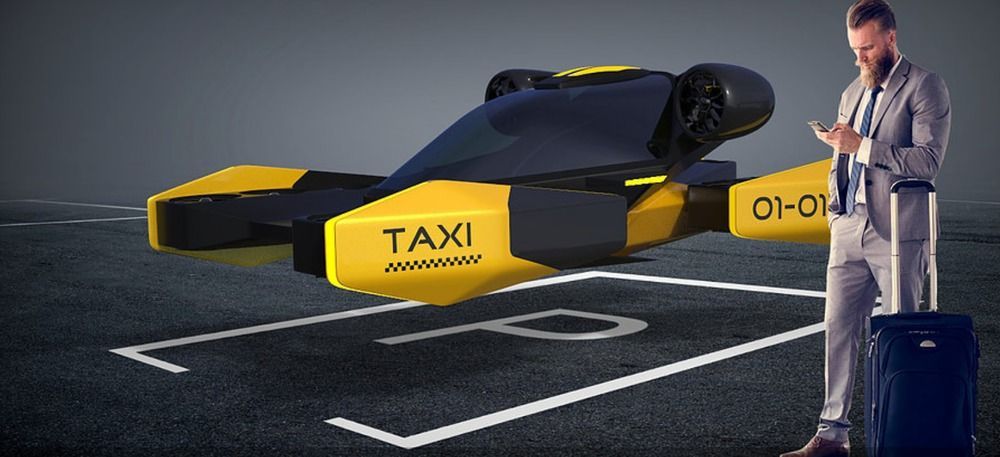Apr 29, 2020
Deep-space travel, colonization may rely on genetically engineered life forms
Posted by Lola Heavey in categories: alien life, genetics, sustainability
On Earth, there are organisms that resist radiation, heat, cold, and drying, even to the point of being able to live in the space vacuum.
Genetic biotechnology is usually discussed in the context of current and emerging applications here on Earth, and rightly so, since we still live exclusively in our planetary cradle. But as humanity looks outward, we ponder what kind of life we ought to take with us to support outposts and eventually colonies off the Earth.
Continue reading “Deep-space travel, colonization may rely on genetically engineered life forms” »

















